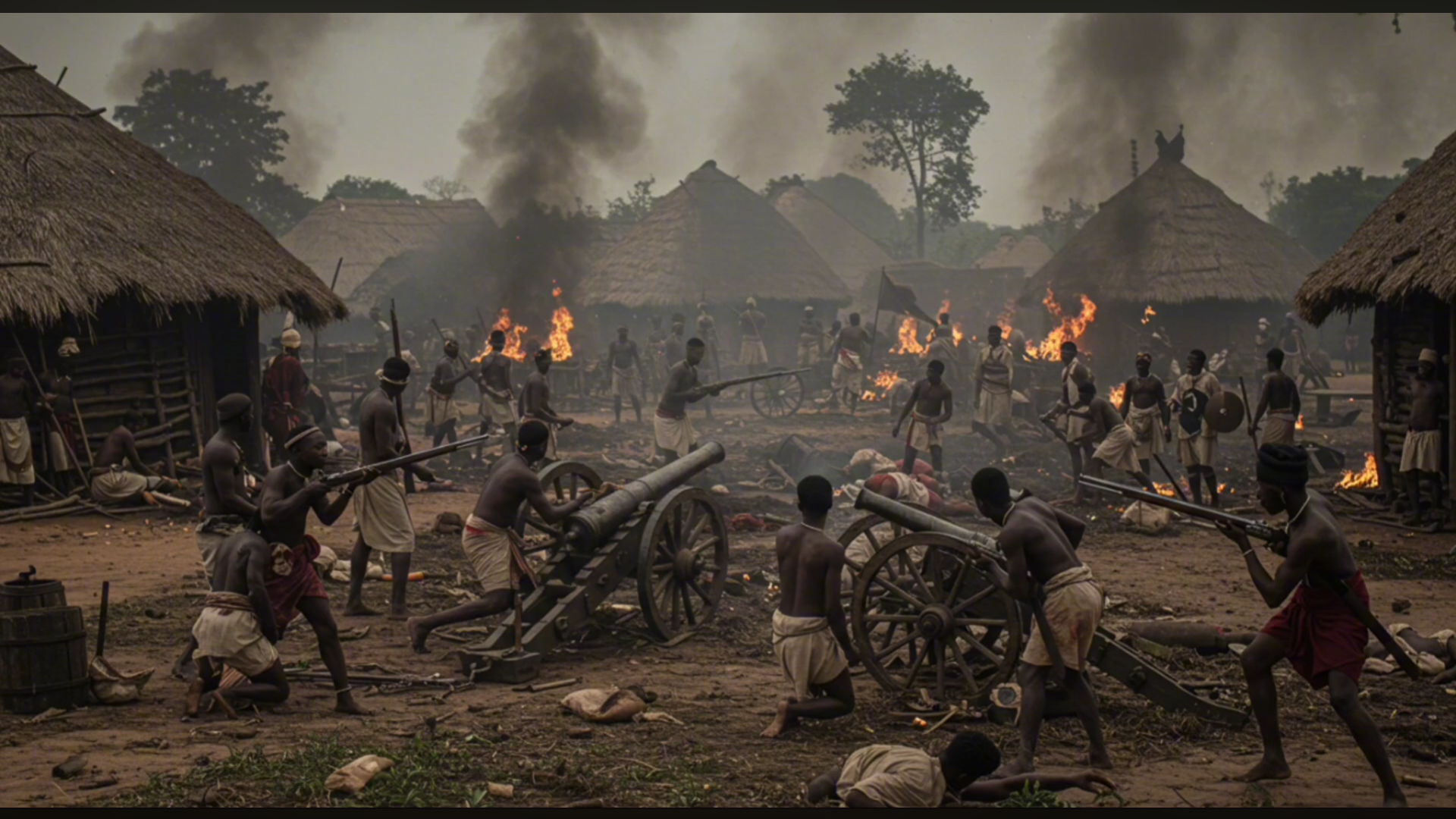The Role of the Aro Confederacy in Igbo History
By: Chimdindu Ken-Anaukwu
When people first hear of the Aro Confederacy, the stories usually orbit around their power, their famous oracle, or their role in the Atlantic slave trade. But the truth runs deeper. The Aro weren’t just warriors or middlemen; they were diplomats, traders, priests, and political strategists who created one of the most influential networks in pre-colonial Igbo society.
Understanding their role opens a window into how the Igbo world was connected: by language, spirituality, and shared authority. And yes, it helps you appreciate why certain Igbo proverbs, titles, and expressions still carry echoes of Aro influence today.
Origins of the Aro Confederacy
The Aro Confederacy took shape around the late 17th and early 18th centuries, centered in Arochukwu (in present-day Abia State). At its heart stood the Ibini Ukpabi oracle (Chukwu Abiama), a spiritual powerhouse that legitimized the Aro’s influence across Igboland and beyond.
But religion was only one part of the puzzle. The Aro system fused spirituality with trade and politics, weaving a network that reached across Southeastern Nigeria and into neighboring regions.
The Power of the Oracle: Spiritual Authority
The Ibini Ukpabi oracle was more than a shrine. It was a supreme court, spiritual guide, and political tool. Communities brought disputes to Arochukwu, believing the oracle spoke the will of Chukwu (God). This spiritual authority gave the Aro a kind of “soft power” as their words carried weight far beyond their homeland.
And language played a role here: the rituals, chants, and proverbs associated with the oracle became part of a shared Igbo religious vocabulary.
Trade Networks: Economic Power
The Aro were also master traders. Using their influence and alliances, they built vast networks that connected Igboland to the Cross River, Niger Delta, and even coastal ports. Palm oil, kola nuts, and unfortunately enslaved persons moved along these routes.
The Aro didn’t dominate by sheer force, they embedded themselves in local markets, married into communities, and spoke the dialects. Their success shows how language and culture were tools of trade as much as commodities.
Political Strategy: The Web of Alliances
Unlike a kingdom with one king, the Aro Confederacy was a loose but powerful alliance. They forged bonds with neighboring states and communities, sometimes through religion, sometimes through trade, and often through both.
This gave them the ability to project influence without needing to station armies everywhere. Think of it as a political web with Arochukwu at the center, sending ripples across Igboland.
The Colonial Encounter: Resistance and Collapse
When the British arrived in the late 19th century, the Aro were a major obstacle. Their spiritual and trade networks challenged colonial control. The result was the Aro Expedition of 1901–1902, a brutal military campaign that destroyed Arochukwu’s oracle shrine and crushed the Confederacy’s political autonomy.
Yet, even in defeat, the Aro left behind a cultural and linguistic imprint that still shapes Igbo identity.
Legacy of the Aro Confederacy
Today, the Aro are remembered not just for power, but for their role in shaping Igbo unity, networks, and institutions. Their legacy survives in:
Language: phrases, proverbs, and ritual expressions.
Markets: Aro-founded settlements that became trade hubs.
Identity: the idea that Igbo strength often comes from networks, not central kingship.
Final Thoughts: Why It Matters Today
The story of the Aro Confederacy isn’t just history, it’s a reminder of how language, trade, and spirituality intertwine in Igbo culture. The Aro used words, rituals, and proverbs as powerfully as they used alliances and trade.
For learners of Igbo, this history teaches that speaking the language is more than memorizing vocabulary, it’s tapping into centuries of identity, resilience, and connection.
👉 Learn Igbo with NKENNE and unlock not just words, but the stories and legacies behind them.




